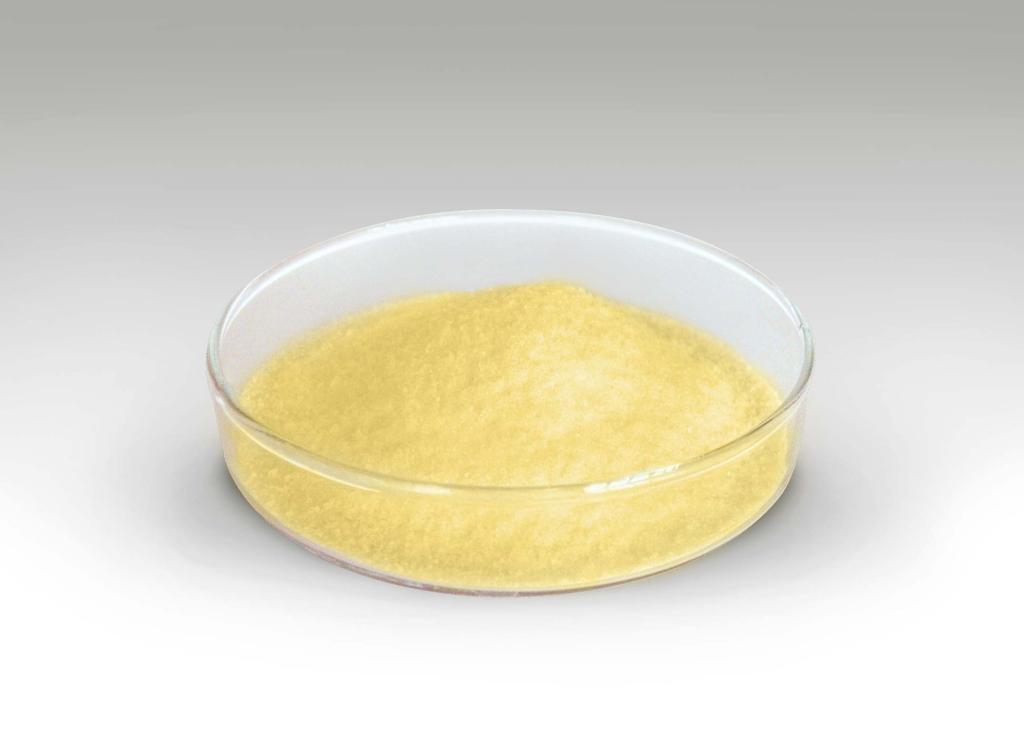Food Grade Phospholipid Import Price,Food Processing
Time:2024-11-14
Phospholipids play a crucial role in food processing, with their significance reflected in various aspects as outlined below:
1. Emulsifying Effect
Phospholipid molecules have hydrophilic (polar) and lipophilic (non-polar) groups, enabling them to act at the interface of two immiscible liquids, allowing them to mix and form a stable oil-water emulsion. In food processing, phospholipids serve as emulsifiers, significantly improving the texture and taste of foods. For example, in products like margarine, chocolate, and ice cream, phospholipids help prevent water separation, reduce splashing, promote browning during baking, enhance the puffing effect, and improve product stability and shelf life.
2. Improvement of Food Texture
Phospholipids enhance the texture of foods, making them softer and more delicate. As emulsifiers, wetting agents, and release agents in baked goods like bread, cakes, and cookies, they promote the even distribution of shortening in dough, aiding fermentation and moisture absorption. This improves the dough processing and ultimately enhances the product’s nutritional profile, taste, and flavor.
3. Antioxidant Properties
Phospholipids possess antioxidant properties that help prevent fat oxidation and degradation in foods. During oil processing and storage, they can chelate metal ions, enhancing oil stability and improving its oxidative stability. This helps extend the shelf life of foods and maintain their freshness and nutritional value.
4. Nutritional and Health Benefits
As a vital component of biological membranes, phospholipids are essential for fat absorption, transport, and storage of fatty acids (especially unsaturated fatty acids). Recognized internationally as the “cleaner” of human blood vessels, phospholipids regulate metabolism, enhance physical fitness, alleviate mental fatigue, lower blood cholesterol levels, regulate blood lipids, and prevent atherosclerosis. Thus, adding an appropriate amount of phospholipids in food processing helps boost the nutritional and health benefits of foods.
5. Enhancement of Production Efficiency
Phospholipids also improve production efficiency in food processing. For example, lecithin in confectionery has re-emulsification, anti-sticking, release, and viscosity regulation abilities, which help control viscosity, reduce stickiness, and manage crystallization, thereby enhancing production efficiency and product quality. Additionally, lecithin as an emulsifier in extrusion processes reduces energy consumption, prevents rework, and improves production efficiency.
In summary, phospholipids hold multiple important roles in food processing, including emulsification, improvement of food texture, antioxidant properties, nutritional and health benefits, and enhancement of production efficiency. Therefore, the proper utilization of phospholipids in food processing is significant for improving food quality, extending shelf life, enhancing nutritional value, and increasing production efficiency.


 CN
CN





